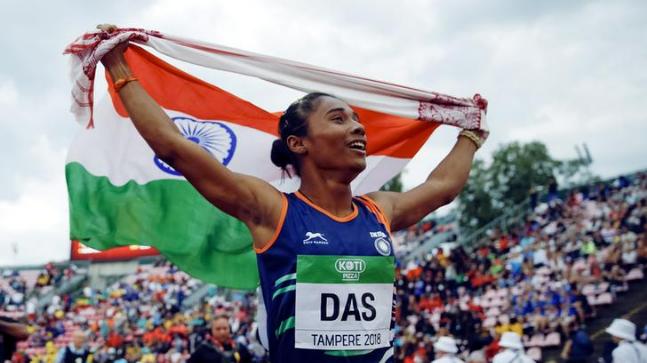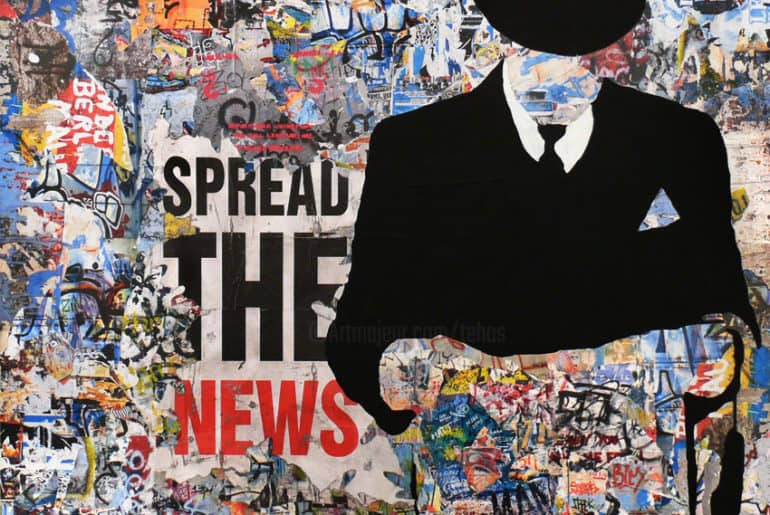In this happening world, it is quite impossible to catch up with everything and we end up missing on something or the other. The feeling of joy or fear of missing out on something is what decides if you have JOMO or FOMO.
In the world of social media, keeping up with all the latest happenings, attending social events and parties forms a part of the list of things that we’re supposed to do. You open Instagram once and see people vacationing or partying and feel sad about the fact that you are working or studying. This is where FOMO starts. Going out, meeting new people, making friends and learning new things brings happiness to some people. However, there are a set of people who feel better to not connect with people and miss out on social events and at the same time feel good about it. Knowing about the fact that somewhere someone is having a good time but not being impacted by it is what the opposite of FOMO called JOMO stands for.
There are a number of people around us who face both JOMO and FOMO. The two terms are an antithesis to each other. While JOMO is all about disconnecting, opting out and being okay with where you are, FOMO is the fear of missing out on something that others are a part of. Feeling sad about the fact that your friends are having fun at a party that you aren’t invited to makes up for FOMO. In contrast to this, JOMO refers to understanding ourselves and choosing what we want to do or not do.
Aatreyee Tamuly, a second-year student of Miranda House feels that the whole trend of FOMO started with the coming up of social media. She further adds, “Every second person now seems to be suffering from FOMO which leads to sadness or even depression. Even now there might be one person on your social media enjoying and this will make you doubt what you are currently doing.” However, she feels like she suffers from both FOMO and JOMO at different times. She adds, “I have severe FOMO when friends make plans without me but I have JOMO on missing on to some family functions and other events.”
Priyanshi Singh said, “I have FOMO when there is some BTS concert going on”. Another student of Miranda House, Dhritee Bordoloi also feels that she suffers from both the syndromes and it completely depends on the situation. She said, “I have FOMO when there are get-togethers and I am not invited. In college as a first-year kid seeing people go out and have fun made me feel left out and lonely. However, I feel JOMO when I have had a tiring week and want to spend some time with myself. In such a situation, no matter what a lit life others are having, I am relieved to be in my own room spending time alone.”
FOMO and JOMO are concepts that differ from person to person. Being college goers, it is very common to suffer from FOMO. However, FOMO is a syndrome which can have worse outcomes while JOMO can help you lead a happy life. Being in your own comfortable space and feeling good about it is the mantra to a happy life. There are a number of reasons for embracing JOMO. Spending our free time consumed by the drama of social media leads to a lack of time for other activities. Getting away from FOMO and moving towards JOMO will get you more time for carrying out productive tasks.
Saving up on money is, of course, the main reason for embracing JOMO. While FOMO can leave you in debt, JOMO can help you save up for anything that you wanted to buy. Being free from unwanted commitments and online addictions also mean more space and time for spontaneous acts and unplanned moments. Another important benefit of JOMO is that it allows you to experience life at its fullest. It helps us slow down and know ourselves better.
We’ve got one life and we can’t spend it with the fear of missing something.
As Naina in Yeh Jawaani Hai Deewani said, “Life mei jitna bhi try karo, kuch na kuch to chootega hi. Isliye jahan hain, wahan ka hi maza lete hai. (No matter how hard we try; we can’t explore everything. So it’s better to enjoy where we are, what we do and appreciate what we have.)”
It is better to be joyful and choose real connections rather than shallow distractions.
Feature Image Credits: Wonder How to
Priya Chauhan













